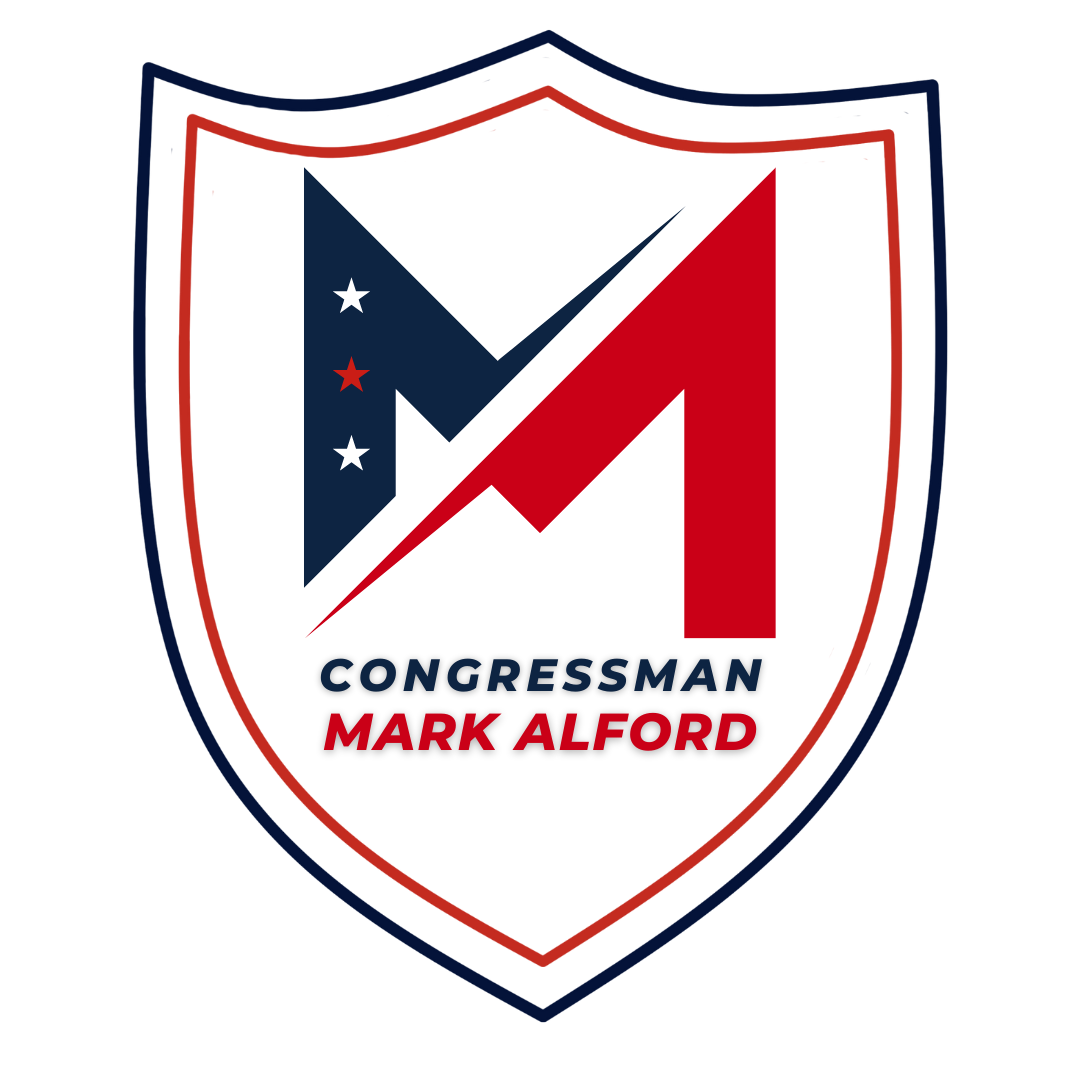Press Releases
Alford, Colleagues Call for Veteran Mental Health Scheduling Improvements
Washington,
November 20, 2024
|
David Bader
Tags:
Veterans
WASHINGTON – Congressman Mark Alford (MO-04) joined his colleagues in a bipartisan letter to U.S. Department of Veterans Affairs (VA) Secretary Denis McDonough, urging the department to streamline the current scheduling system for veteran mental health appointments. The letter was led by Congresswoman Marilyn Strickland (WA-10). “We owe a deep debt of gratitude to our veterans for their selfless service to this nation. They deserve top notch care and full access to the mental health services they have earned. The VA’s systemic issues with mental health appointment cancellations needs to be addressed immediately. The VA must do better, period,” said Congressman Alford. This letter follows a Military.com article that details persistent scheduling issues and staffing shortages experienced at the VA. The full text of the letter can be found here or below. Dear Mr. Secretary, We write today to express deep concern regarding access to mental health resources, as raised by our constituents and further elevated in the Military.com article “Canceled Appointments, Unexplained Mixups – Veterans Facing Challenges Getting VA Mental Health Care.”1 It is our duty to ensure the brave men and women who have served our country receive the mental health care needed to maintain a dignified quality of life. We are deeply disturbed about the reporting of significant mental health appointment cancellations at multiple VA medical centers. Veterans who take the step to schedule behavioral health care are often doing so because they are in critical need of support. Yet, too many report long wait times or a lack of available appointments. When the appointments are made, far too often appointments are cancelled or rescheduled with little to no warning. The VA’s own data shows that from 2020 through 2023, the cancellation rate for mental health appointments across facilities averaged 10.6%. Additionally, the VA Inspector General found that this September 2024, 66 of the VA’s 140 health systems reported severe shortages of psychiatric providers. Delayed access to therapy and support exacerbates existing conditions, reduces the effectiveness of treatment, and contributes to suicide. Unfortunately, this continues to happen across the nation, as the VA’s Office of Inspector General has noted. Based on constituent feedback, it is apparent that the system for scheduling appointments for behavioral health needs to be systematically streamlined. Far too often, veterans report being shuffled between providers, experiencing frequent cancellations, or receiving unclear communication regarding the status of their upcoming appointment. We are asking the Department of Veterans Affairs to provide us with their plan to take immediate action in the following areas no later than 30 days after receipt of this letter: 1. Developing more robust recruitment and retention programs: In light of the ongoing shortage of mental health professionals within the Department of Veterans Affairs, how does the VA plan to recruit and retain qualified providers, particularly in underserved regions, to ensure that veterans receive the timely and consistent mental health care they deserve? Additionally, what specific incentives or programs does the VA intend to implement to address this critical workforce gap? 2. Streamlining appointment management systems: Given the frequent reports of mismanagement in veterans’ appointment scheduling—such as long wait times, cancellations, and inconsistent care—what specific steps is the Department of Veterans Affairs taking to improve the efficiency and reliability of its appointment scheduling system? How does the VA plan to ensure that veterans receive timely and consistent access to mental health services without disruption? According to the Military.com article and constituent feedback, several veterans reported described being told about appointment no-shows when they’d never scheduled a session or having VA employees insist the veteran had canceled. How are you ensuring that proper systems are in place so that veterans are able to attend the appointments that they scheduled? 3. Implementing measures to ensure continuity of care: The military.com article makes reference to a statement from Dr. Shereef Elnahal’s (Under Secretary for Health, Department of Veterans Affairs) acknowledging that the VA is still not meeting the evidence-based mental health staffing levels at all medical centers, what specific strategies and timelines does the VA have in place to reach these recommended staffing levels? Additionally, how does the VA plan to address staffing disparities across different regions to ensure equitable access to mental health care for all veterans? The MISSION ACT allows veterans to access mental health care services through a variety of options, including community care providers through referrals from the VA. Given the higher than acceptable cancellation rates and shortages of VA psychiatric providers, how is the Department implementing these new authorities to ensure our veterans receive the prompt and timely mental health services and care they require? It is time for the Department of Veterans Affairs to take swift, comprehensive action to address these systemic issues and work toward providing our veterans with the reliable, consistent, and effective mental health care they need and deserve. |


